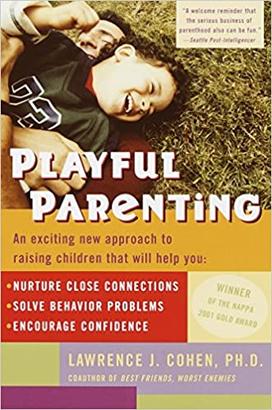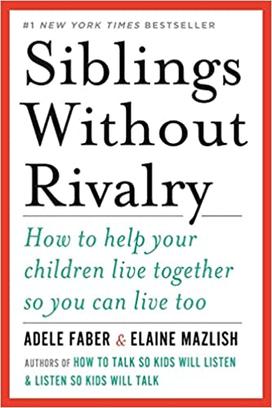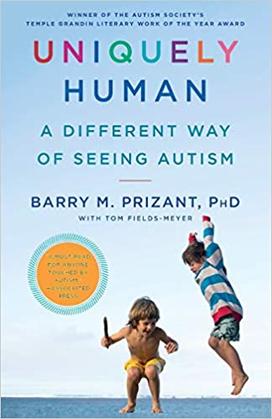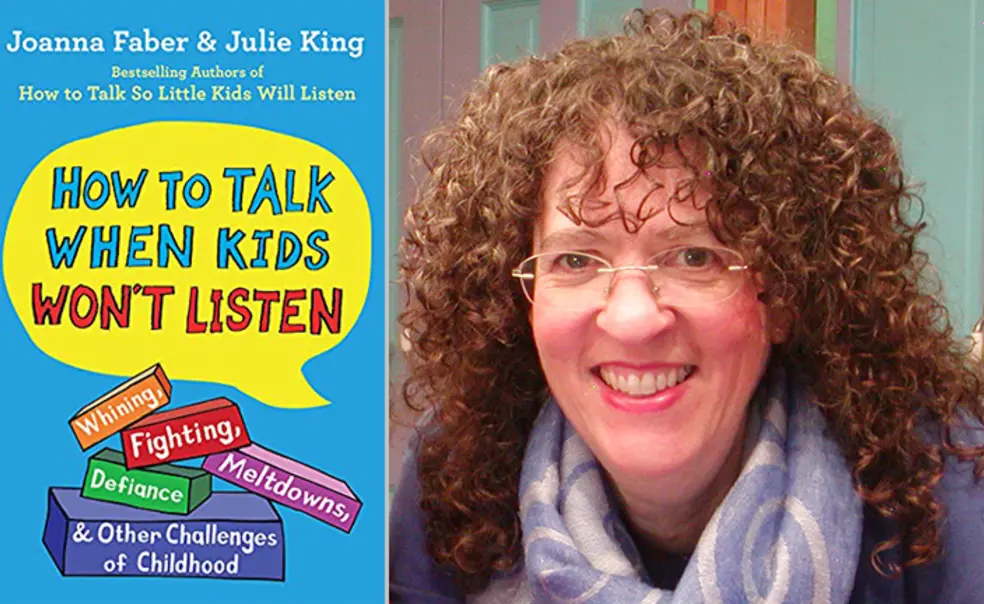Julie King ’82 on Parenting
Julie King ’82’s new book is How To Talk When Kids Won’t Listen: Whining, Fighting, Meltdowns, Defiance, and Other Challenges of Childhood. She writes:
After Joanna and I wrote How To Talk So Little Kids Will Listen, we started receiving emails from all over the U.S. and the world — parents in Russia, Slovenia, Singapore, India, England, South Africa. They shared stories of how they used the communication tools from our book with their kids, and also asked us questions that hadn’t been directly addressed in our book — about how to handle conflicts over screen time, homework, pets, name calling, divorce...
At one point we couldn’t keep up with the emails, so we decided to write another book! How To Talk When Kids Won’t Listen is a combination of stories from real parents around the world and a sort of advice column where we included the actual letters and our answers. A lot of people told us that they wanted a way to practice this How To Talk approach, so we added a little bit of interactive material — some exercises and quizzes for people who like that kind of thing.
PAW asked King to recommend three more books on parenting, and she chose these:

By Lawrence J. Cohen, Ph.D.
It’s often said that play is the language of children, and this book offers both the theoretical background and concrete strategies for using that language to strengthen connections with children, promote competence and resilience, encourage cooperation, and develop problem-solving skills. I resisted reading this book when it first came out, for fear it would make me feel guilty for not spending enough time playing with my kids, but in fact it helped me learn how to turn our everyday activities into fun and giggle-fests.

By Adele Faber and Elaine Mazlish
I read this book when I had my second child... and then I read it again when I had my third. It helped me understand on a visceral level the roots of resentment, competitiveness, antagonism, and jealousy among children, and gave me great strategies for handling conflict, encouraging cooperation, and promoting goodwill in my family. This book even gave me insight into my own sibling relationships.

Uniquely Human: A Different Way of Seeing Autism
By Barry Prizant
Barry Prizant offers a humanistic alternative to the all-too-prevalent behaviorist approach to working with children on the autism spectrum. As a parent who was frequently pummeled with bad advice from well-meaning people about how to raise my ASD child, I found this book to be a deeply satisfying read. Prizant does an excellent job of helping us experience the world through the eyes (and ears, and skin...) of people with autism. The book’s practical advice will be enormously helpful for parents with children on the autism spectrum, as well as anyone who interacts with people with autism.












No responses yet